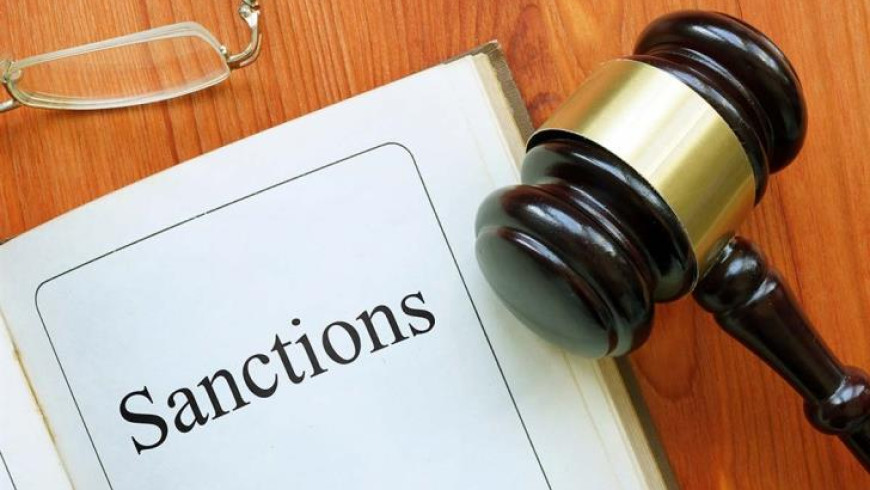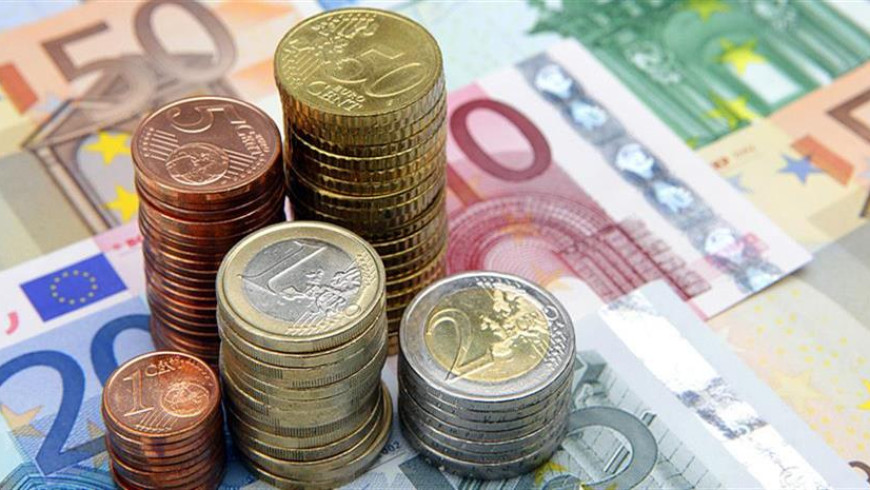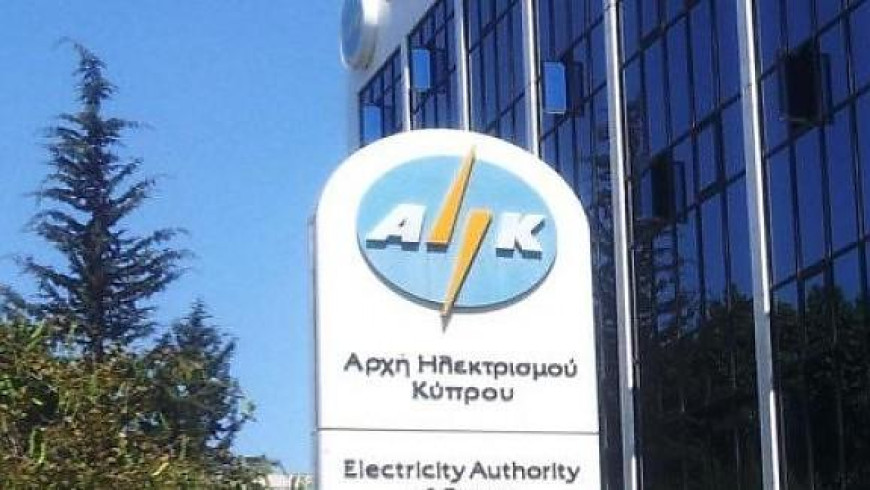Cronyism and Inequity Continue Unabated with New Cyprus Government

Newly elected President Nikos Christodoulides promised in his campaign that his government would be one of “broad social acceptance”. For the economy this should mean a situation where all citizens can benefit from economic growth. But to date the Christodoulides government has shown no sign of significantly changing the policies of the Anastasiades administration characterized by the inequitable and uncaring allocation of resources to enrich themselves and their cronies. Indeed, the new government with its scandalous appointments of public officials and decisions favoring the well-paid civil servants and bank employees is recklessly pursuing the crony capitalism of the previous administration.
Moreover, President Christodoulides is failing to address or even recognize major socio/economic issues such as the cost of living and debt servicing pressures of a great many households as well as the widespread tax evasion that is depriving the government of sufficient revenue to invest in infrastructure and provide adequate assistance to the vulnerable. It is laughable, though a most serious concern, that the key political partner of the President, Nikos Papadopoulas, has baldly asserted that Christodoulides in his first days in office has “grappled with all the challenges facing the country and has exhibited worthy work”. Also, Nikos Anastasiades has stated, rather gloatingly, that the “successful governance”, of his term has continued under the new President.
Quality of Economic Growth Matters
Unfortunately, policy makers in most countries, including most notably Cyprus, are obsessed with assessing the economic performance of a country mainly in terms of measuring the growth of real GDP. Little focus is placed on the quality of economic growth. How gains in real GDP are distributed and in turn their consequences for income and wealth inequality receive minute attention. Furthermore, the impact of the composition of real GDP growth in harming the physical environment is hardly taken into account.
Most importantly, the quality of growth depends on the quality of policies with which a country uses its human, physical and financial resources, that is, its productive assets for developing the economy for the benefit of its citizens. And the quality of policies and their effective implementation depend on the institutional framework making for good governance.
Cyprus Situation
There is much worry, at least by a few caring economists, that the new Christodoulides administration is continuing the inequitable policies of the Anastasiades administration that neglected quality issues and was just concerned to enrich the few and keep the bloated army of government employees well-compensated. Indeed, the recent personnel appointments and policy measures of the Christodoulides government demonstrates that it does not care about good governance and how its policy decisions are widening income and wealth inequalities.
More specifically, the appointments of persons to key government posts by President Christodoulides on the basis of loyalty rather than apolitical competence, such as that of Michalis Michael to the Public Service Commission Board, indicates the serious lack of concern for good governance. In reality, the crony culture of “jobs for the boys” and politically-connected appointments and promotions of government employees continues unabated.
In giving cost of living adjustments to higher-paid public sector and bank employees as against nothing for at least 65% of lower-paid private sector employees not eligible for cost-of-living adjustments, the government is not only exacerbating mounting income equalities, but is substantially widening inequality between privileged government employees and most private sector employees. Indeed, the failure of many private sector employees to have their low wages protected from inflation is driving a number of households into poverty. Furthermore, with many Cypriots unwilling to work for lower wages, employers take on and even exploit a rapidly growing number of foreign workers including asylum seekers to meet their labor requirements.
While the new government has been diverted to tend to the problems in the services sector arising from US and UK sanctions on individuals and companies connected with Russian entities, there is no evidence that the crony capitalism that has contributed to an inefficient and environmentally unfriendly use of resources is being curtailed. Tax breaks and reductions and generous treatment by banks continue to foster over-investments by leading developers in the construction of “luxury” properties and commercial establishments. In addition, the building of certain new hotels to cater for the upsurge in mass tourism is harming coastal areas in violation of environmental regulations. And as exemplified by cases such as the abuse of EU funds by politically-connected waste management companies, nothing is being done by the legal authorities to penalize offenders and prevent Cyprus from drowning in rubbish.
Furthermore, no serious effort is being made by the Central Bank to rectify the unethical behavior of leading Cyprus banks that have become pre-occupied in removing non-performing loans of households and small businesses from their balance sheets by selling them and their related property collateral to third parties, comprising mainly predatory investment and equity funds. Indeed, the sale of such properties to these funds at huge discounts results in a transfer of wealth from original borrowers to richer entities, but still leaves the former households and businesses with overwhelming amounts of debt.
Indeed, at end-2022 debt of the Cyprus private sector amounted to over 59 billion euro or nearly 220 per cent of GDP, a factor hampering significantly private investments outside of the property sector and the more balanced growth of the economy.
New Policies and Actions Required
President Christodoulides should be forewarned that it can’t be business as usual in continuing the crony capitalism of the Anastasiades administration. The outrageous tax incentives and generous bank treatment afforded to property developers should be stopped as the country is over-supplied with much unsellable “luxury” property and the physical environment is being damaged. It should be stressed that the over-supply of “luxury” properties in Cyprus has been a major factor in causing both the financial crisis of 2012/13 and the need for dubious schemes and corrupt practices, such as illegal sales under the golden passport scheme, to sell such properties.
Moreover, fiscal and bank policies should be directed much more toward allocating resources to implementing the Recovery and Resilience (R&R) plan agreed with the EU. To enable resources to be released away from the “luxury” property sector and questionable supporting services and allocated to higher value-added activities, including social housing construction, the onus is on President Christodoulides and his cabinet to largely eradicate the prevailing toxic mix of crony and financial capitalism. Action must be taken involving the strict and even-handed enforcement of laws and regulations to iron-out the corrupted capitalism of Cyprus.
The digitization and greening transition priorities of the R&R plan if effectively implemented could be expected to create more decent jobs requiring skilled personnel. However, there would be no guarantee that the job inequalities plaguing Cyprus would be significantly reduced. Although there are no quick solutions for narrowing such inequalities, a combination of actions entailing raising the skilled labor intensity of investment projects, reforming the tax system, and improving the social welfare system with better targeting of and adequate assistance given to vulnerable persons should be undertaken Undeniably, the progressivity of the tax system should be increased and serious efforts made to tackle tax evasion so as to boost government revenue for enabling higher social welfare payments and subsidies for younger persons undertaking entrepreneurial and innovation activities. Furthermore, means must be found to protect lower-paid employees in the private sector against inflation through arranging and extending full cost-of-living adjustments to employees earning monthly wages of less than 1.500 euro. In addition, regulations on minimum wages should be applied to cover employees in more sectors of the economy such as in agriculture and these wages in turn should be adjusted in line with inflation.
Through the institution of new regulations and much better supervision by the Central Bank of Cyprus banks need to be induced and/or forced to devote more of their activity to extending, rescheduling and writing off loans so as to finance real wealth creation and ease debt burdens of less wealthy households and businesses, rather than engaging excessively in the transfer of wealth to richer entities through foreclosures. Rather than subjecting protests against such foreclosures to lengthy court proceedings it would be preferable to pass a regulation giving original borrowers or mortgage holders the option to purchase the properties to be foreclosed at the discounted prices offered to predatory third parties. This arrangement should be done on a case-by-case basis in order to exclude strategic defaulters from taking advantage of this regulation.
Finally, there should be less discrimination against smaller businesses and households by banks in the levying of interest rates and charges on loans and deposits. And in this connection interest rates on saving and fixed deposits of households should be raised in line with recent increases in ECB deposit rates.







 3287.99
3287.99 1275.09
1275.09

